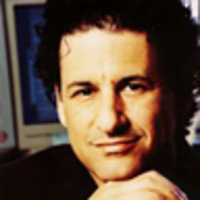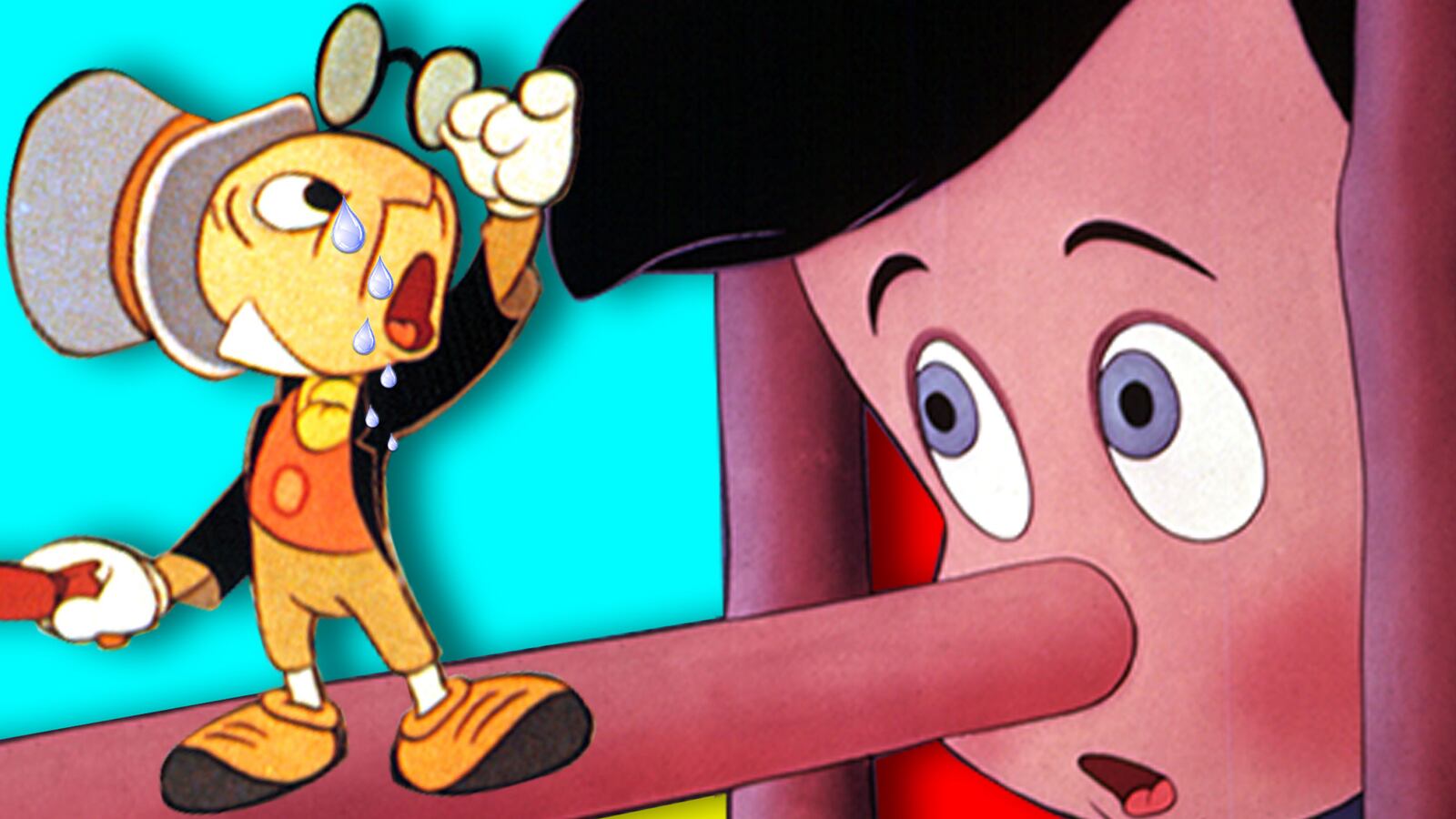To those of us who care about details and facts (there, I said the “f” word), these past few months have been troubling times. We are told by the highest office in the country that facts don’t matter, that those who think they have facts are corrupt, and that “alternative facts” is a thing (it isn’t). All of these various euphemisms we’ve been hearing, such as alt.truth and fake news, are just obscuring the reality that we are neck deep in lies. My job as a neuroscientist is to help understand how people come to hold the beliefs they do (it’s even in my job description).
Why do we find so much emotional resonance in lies? There are four reasons that derive from our evolutionary history. We are a social species with relationships built on trust. But there have always been people who would take advantage of us and abuse our trust. No one wants to be a chump. These two instincts—to trust others but to be suspicious of cheaters—guide much of our behavior today, and they hang in an uneasy balance. If a (trusted) friend tells us that another person is cheating us, we take it seriously. Cheaters get ahead at our expense—on the savannah, in the board room or in the bedroom. These are emotional issues, not logical ones. And emotional issues have priority over our brain’s attention.
The second reason is that our brains are wired to err on the side of caution. If that rustling in the grass is a snake I’m better off jumping away than staying put. The cost of doing so is minimal, but the cost of being wrong could be deadly. On encountering information that could tip one way or another, we put our guard up; we become skeptical of the status quo. We try to find facts that line up behind the story.
And this dovetails with the third reason we tend to find lies attractive: we are a pattern-detecting species. This serves us well much of the time, but not all of the time. The problem is that we detect patterns where they don’t exist. We’re told that Capricorns are stubborn. We know some Capricorns and agree that they’re stubborn. But wait! This is not an unbiased, logical way to collect information. To know whether there really is a pattern or not, we’d need to look at all the stubborn people we know and see what their signs are. If you look at the big picture in this way, you’ll find that all traits are equally distributed across all astrological signs—there’s no pattern in the aggregate, it’s just that a few vivid examples deceive us into thinking there might be one.
Pattern detection also fools us when we get to thinking that correlation and causation are the same thing. Just because two things co-occur, or one follows the other, doesn’t mean that first one caused the second one. We don’t vaccinate children until they reach a certain age because that’s when their bodies can handle immunization. And we can’t diagnose autism until a certain age because, by definition, autism is a delay in normal development—we need to wait long enough to detect it. And so it happens that a child diagnosed with autism will have received a vaccination before the diagnosis. Of the millions of children who get the MMR vaccine, only a small percentage become diagnosed with autism. And the same proportion of children who don’t get the MMR vaccine are also diagnosed with autism. But our pattern detectors are not equipped to make such reasoned judgments. We need what Daniel Kahneman calls our slow system for that, and that takes deliberate training and practice.
The fourth factor is that we tend to have source amnesia for information we acquire—we remember the fact (or pseudo-fact) but forget where we heard it. It can take weeks for information to become firmly encoded in long-term memory, and during that encoding process, the information is labile, and repetition can cause it to become stronger. If the source is later discredited, it is very difficult for us to correct the neural record.
So here’s the good news: there are simple things all of us can do to become more rational decision makers, and to avoid being taken in by liars and con-artists who prey on ignorance.
First is education. Education works. And the great thing about it is that it works across all ages and backgrounds. A study from North Carolina State University, led by Dr. Alicia McGill found that explicitly teaching critical thinking skills during a semester significantly reduced students’ belief in pseudoscientific, nonsense claims, compared to a control group. Also relevant is the work of Keith Stanovich, of the University of Toronto. He has developed the rationality quotient or RQ, a measure separate from the IQ (intelligence quotient). And it turns out that you can be very high in RQ and low in IQ, or vice-versa. We need to teach students to build up their RQ. We need to teach evidence-based thinking in K-12 schools and in colleges. And we all need to practice them every day. Fortunately, the current news cycle is giving us much to practice with.
The second thing we can do is to seek out good models for evidence-based thinking. William F. Buckley’s Firing Line was an excellent example of modelling—whether you agreed with Buckley’s conservative positions or not, the program showed all of us what civilized debate and critical evaluation of the facts look like. We have few if any analogues of that today. Television networks and other content providers won’t make them if there’s no demand for them—we need to ask for them, for the benefit of all.
The third thing is to pay attention to sources as we encounter new information, and work deliberately to encode them. Ask yourself: is this a reliable source, is the information current, is the person who is posing as an expert actually an expert? Before clicking the thumbs up button on forwarding a social network post, we should each try to figure out if it’s true or not first. We can overcome source memory if we think more like a journalist, scientist or lawyer: who told you that? How do they know?
Finally, it is important that all of us participate in our own information literacy and take an active role in inquiry. As President Obama noted in his exit speech, democracy is neither free nor easy. It demands our participation. We need to think for ourselves — systematically, rationally—and we need to support those institutions who help us to do so: an independent judiciary and an independent press. And we should not be complacent in accepting nonsense. Dissent is not disloyalty. We don’t want to be driven by fear into an age of unreason.






